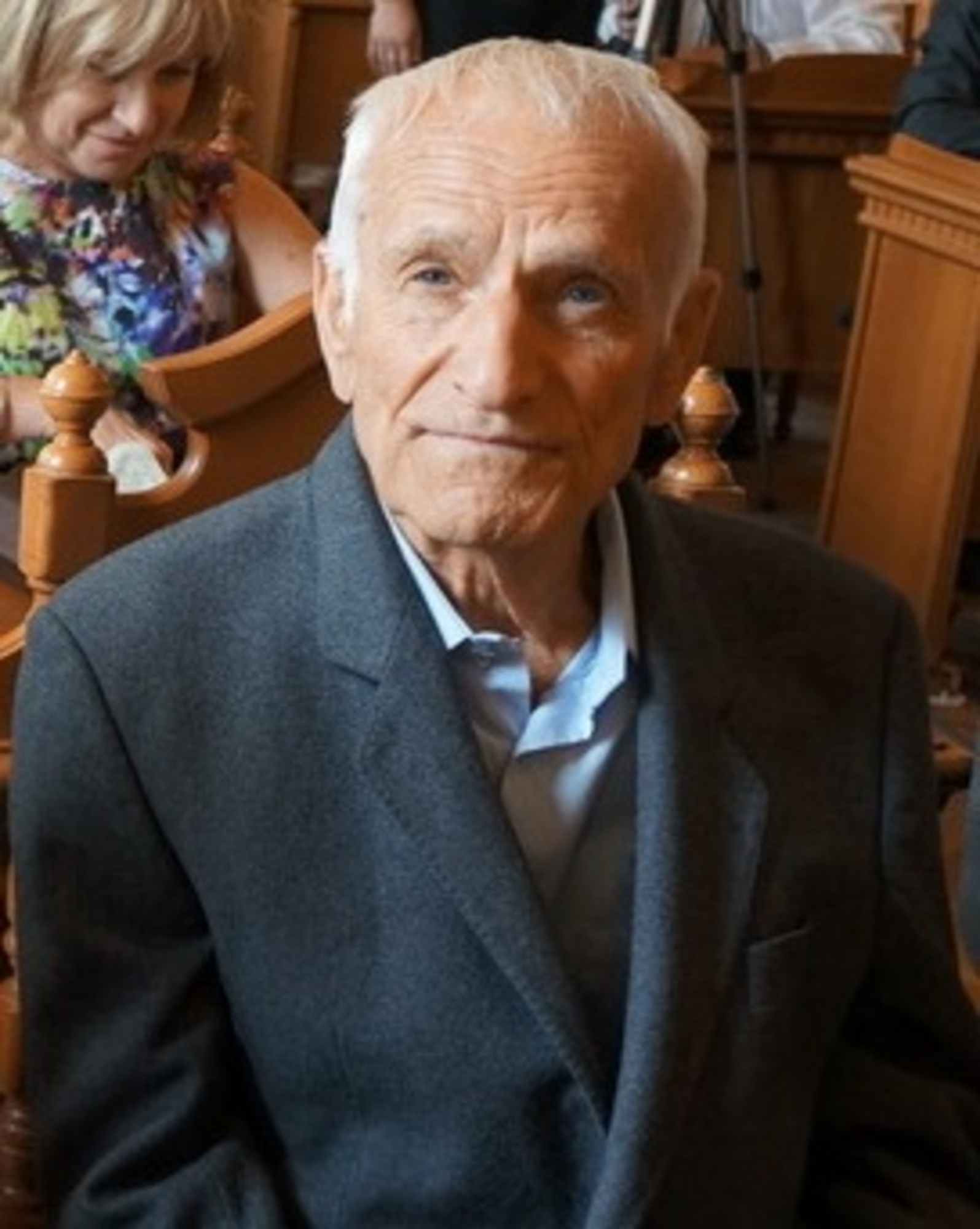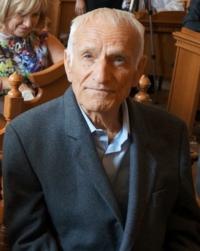“I have worked there day by day. My God, I had to be very skillful to live through a day”

Stáhnout obrázek
Onufriy Dudok was born on June 12, 1926, in the village of Kosovets, Lviv province (now Horodok district, Lviv region). In 1933-1937 he studied at a village elementary school. In 1940-1941 he worked at a turf procurement place for an alcohol factory nearby the village of Lyubin Velykyi. In the beginning of 1942 Onufriy was deported from Lviv to work in Germany. After a few days he was arrested by the police in Nürnberg. In 1942-1945 he was kept at numerous Nazi prisons and concentration camps - Flossenbürg, Auschwitz-Birkenau, Mauthausen. He worked at a stone quarry, construction of channels and headers. Onufriy was released by American troops from the concentration camp Mauthausen on May 5th, 1945. He received medical treatment in the camp for former prisoners near Hohenfels. He worked as a loader in Munich. Until 1948 he remained in the displaced persons camp („D-p“) in the city of Nurnberg. Onufriy came back from Germany to the USSR. He was kept in a filtration camp nearby Mukachevo. In the 1950s he moved to Lviv. Onufriy worked at Lviv armature factory, later - as an electrician in a hospital. Nowadays he lives in Lviv.
